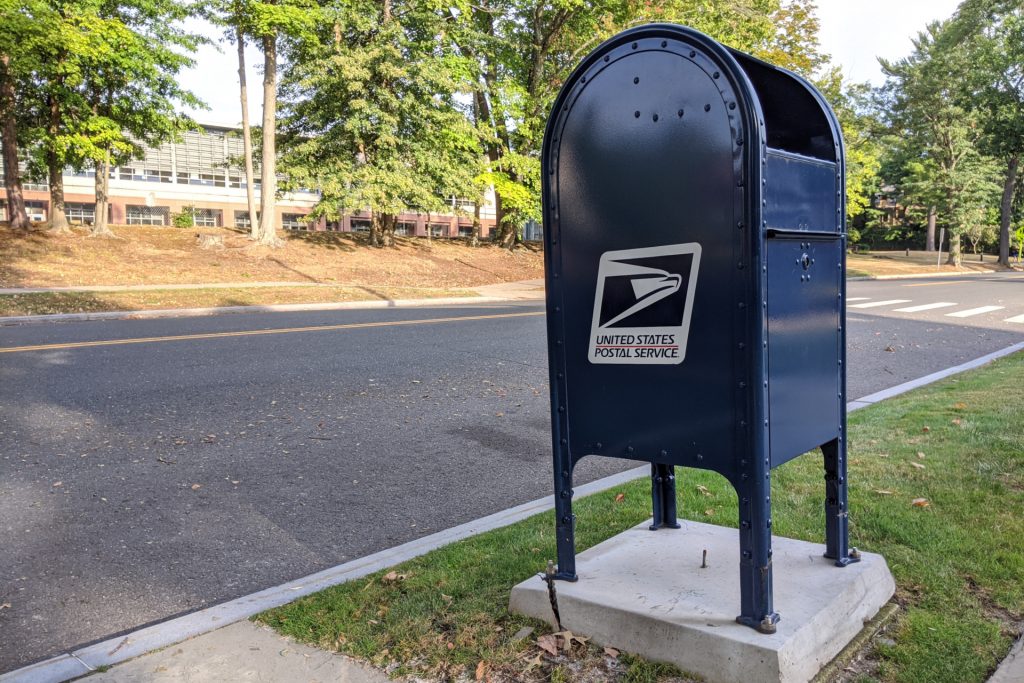
The real estate industry utilizes the United States Postal Service as part of the transaction process, mostly by transporting checks. The pandemic has actually boosted our mail usage as in-person rendezvous for check hand-offs are discouraged (or banned).
Buyers often mail their checks to the listing broker of properties they put under contract. This represents the earnest money deposit to hold the house, which is eventually applied to their downpayment at the closing. In Greater Hartford it is common to have a small initial deposit at the time the contract is signed, and a larger second deposit a couple weeks into the deal. There are deadlines associated with the checks, so it does matter when they arrive.
Checks are also mailed after the deal closes. My commission check is sent from my client’s attorney to my broker’s office now that I am not allowed to attend closings. Sellers due refunds from their mortgage company escrow accounts receive those checks by mail. Sellers sometimes receive the entire proceeds of their sales via a check in the mail.
Operational problems at the USPS make the Postal Service is a less reliable business partner than it has been in the past. The saying that “the check is in the mail” takes on new meaning now.
Because everyone likes to get their funds in a timely manner, the rational business response to a less reliable Postal Service is reevaluating their role in the real estate transaction process. The new Postmaster General is a former business executive, so he’ll understand this reaction.
All parties seem comfortable with checks, so they are likely to remain the money transfer vehicle of choice. And they can, even with the pandemic, with a little planning. This is the best option.
Buyers should be prepared to write and deliver a personal check when there is a home they would like to bid on. If they are local, then they can deliver their check once the deal is signed. Second deposit checks are required to be certified bank checks (not personal checks), so buyers need to plan a few days in advance to get the check and deliver it.
Checks that can’t be hand delivered still need to be sent via some carrier. Maybe the Postal Service will still be the best bet, given the lower price point. As long as the lower service level is factored into the planning process it may be fine.
For example, I’m not super concerned about whether my commission check arrives in 2 days or 5 days … but it does need to arrive eventually. The new slower USPS is a poor match for first deposit checks. It is very difficult to know when and where those checks need to go, so there is no opportunity to plan ahead. Second deposit checks could work via USPS, but they will need to be sent well in advance.
Larger checks, or checks that need to be sent in a timely manner, may need to be sent via a different carrier. It is much easier to justify the fee of FedEx, or an equivalent company, when the security of a high value check is at stake.
It is difficult to see brokers and attorneys moving beyond checks in the short-term. All funds for real estate transactions must be held in highly regulated accounts. Wire transfers are possible, but most parties seem wary of that method of funds transfer. I have never seen a broker or attorney accept funds using any new technology. People pay for garage sale items and other services all the time using Venmo, but you can’t buy a house that way.
The bottom line is that everyone involved in a real estate transaction needs to think twice before they drop a check in the mail.